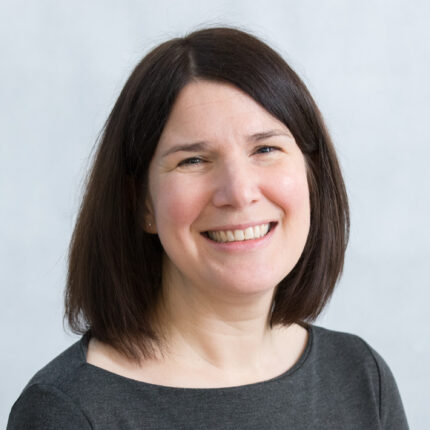Over the past few weeks, I’ve been struck by the growing misconception that universities are prioritising one group of students at the expense of another.
Every day in the media there are new headlines about international students “taking” places from UK students to boost university finances. Or students from disadvantaged backgrounds squeezing out other UK students just to tick a box.
I understand where these fears are coming from, of course. Up and down the country today there are parents and students who have been waiting anxiously for the results that will decide their next step. And for many this year, those results were not what they’d hoped for as we see a return to the 2019 grade boundaries.
It’s also true that universities set targets and have quotas and, like any business, finances play a part in this decision making. The financial precarity of the sector is no secret and international fees are one of the key sources of income that allows us to be the institutions we aspire to be.
But talking about these labels as if they are the only basis by which we group our students, simplifies a situation in a way that isn’t helpful for anyone – least of all the amazing, talented and diverse group of people who will be joining our universities in September.
All walks of life
At Newcastle, our students come from more than 170 countries and contribute to the cultural and intellectual life of the university and the city, enriching the experience for the whole university community.
Regardless of where they are from in the world, they each come with their own hopes and anxieties, and face their own challenges, and as a university it’s our job to support them to realise their ambitions and be the very best they can be.
And this is equally true when it comes to UK students from non-traditional backgrounds, a group that will have been disproportionately disadvantaged this year by the change in grade boundaries as highlighted by UCL’s Professor Mary Richardson.
At Newcastle, supporting disadvantaged students is a key priority area for us and we are proud to work with talented students from all walks of life; it is crucial that young people from under-represented backgrounds have a fair chance of admission to the best universities.
Equity of access for all remains paramount for us at Newcastle and we believe that any student with the ability to go to university should have access to the opportunity, regardless of circumstance.
In partnership
The progression rate by age 19 for disadvantaged pupils was 32.5 per cent in 2021–22, compared with 51.7 per cent for non-disadvantaged pupils. Independent school A level students were more than twice as likely as state school students to progress to high tariff HE by age 19, at 63.2 per cent in the same year compared to 30.4 per cent.
The PARTNERS Programme supported entry route has been the cornerstone of Newcastle University’s work with students from under-represented groups since 2000 and is one of the few schemes to target students nationally. During this time, over 8,000 students have successfully entered the university through the scheme.
This year, we have had 1,555 students on the PARTNERS Programme supported entry route from across the UK – an increase of 28 per cent from 2022. This includes many who are from a care background through our work with the Care Leaver Covenant, a national inclusion programme that supports care leavers aged 16 to 25 to live independently.
As of today, we have offered places to over 1,700 widening participation students – that’s 32 per cent of our new intake home students and up from 17 per cent in 2019–20. I am delighted they will be joining us at Newcastle in September.
Beyond division
It is so divisive to talk of “international” vs “home”, or “disadvantaged” vs “middle class”.
Universities are built on individual brilliance, nurturing free thinkers, and being different is something to be admired. At Newcastle, we are proud of our global community where diversity is celebrated and everyone is welcome. Working together, we are building a more inclusive and thoughtful community, learning from each other, challenging each other and supporting each other to fulfil our potential.
And it is this rich learning community which makes going to university such an amazing, worthwhile and life affirming experience.
Every student who received their results today should feel proud of what they have achieved. They are “the cohort where grade boundaries were raised” and “the cohort that was impacted by the pandemic.” They might be “UK students”, “international students”, “mature students”.
In reality, they are all these labels and many, many more. But most importantly, I hope they can be themselves.














I understand the intention behind this article is to bring people together, but it glosses over the difficult realities of marketisation in higher education. We should have (and encourage) an honest conversation about how market principles have transformed education from a public good into a commodity, ranking students by ability to pay. Some competition can increase efficiencies, but too much undermines education’s broader purposes. Roger Brown has some excellent commentary for this inequality stuff – would recommend a read.